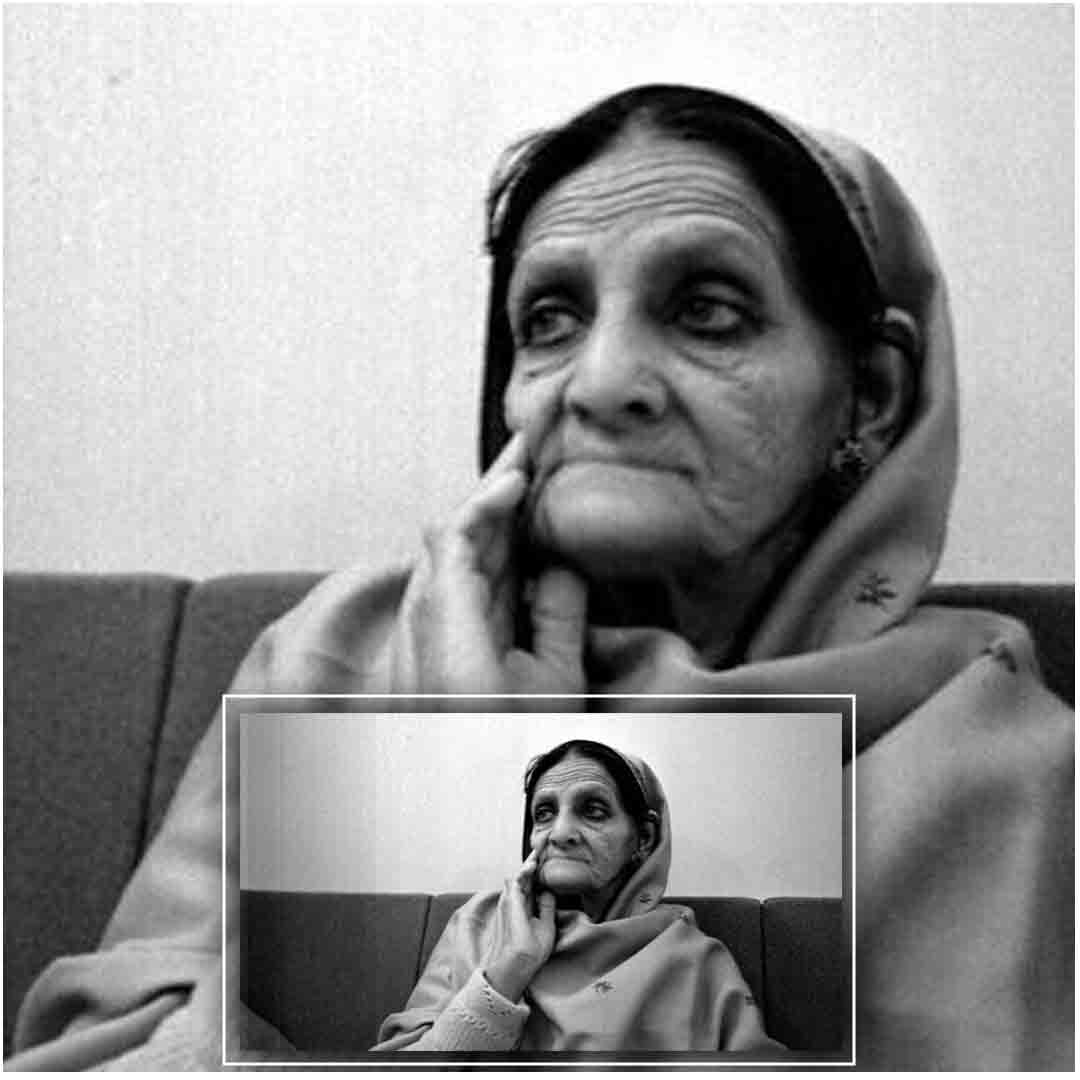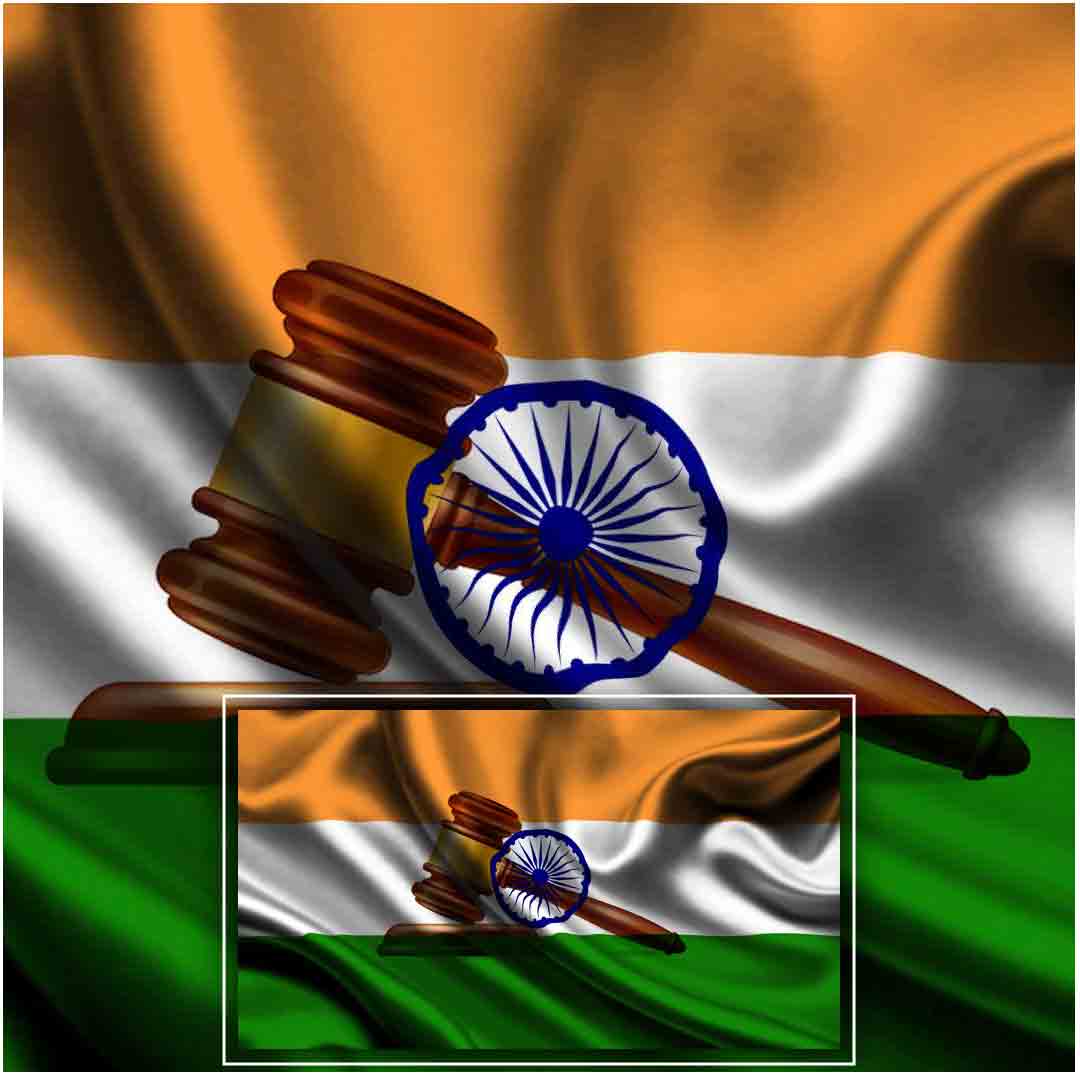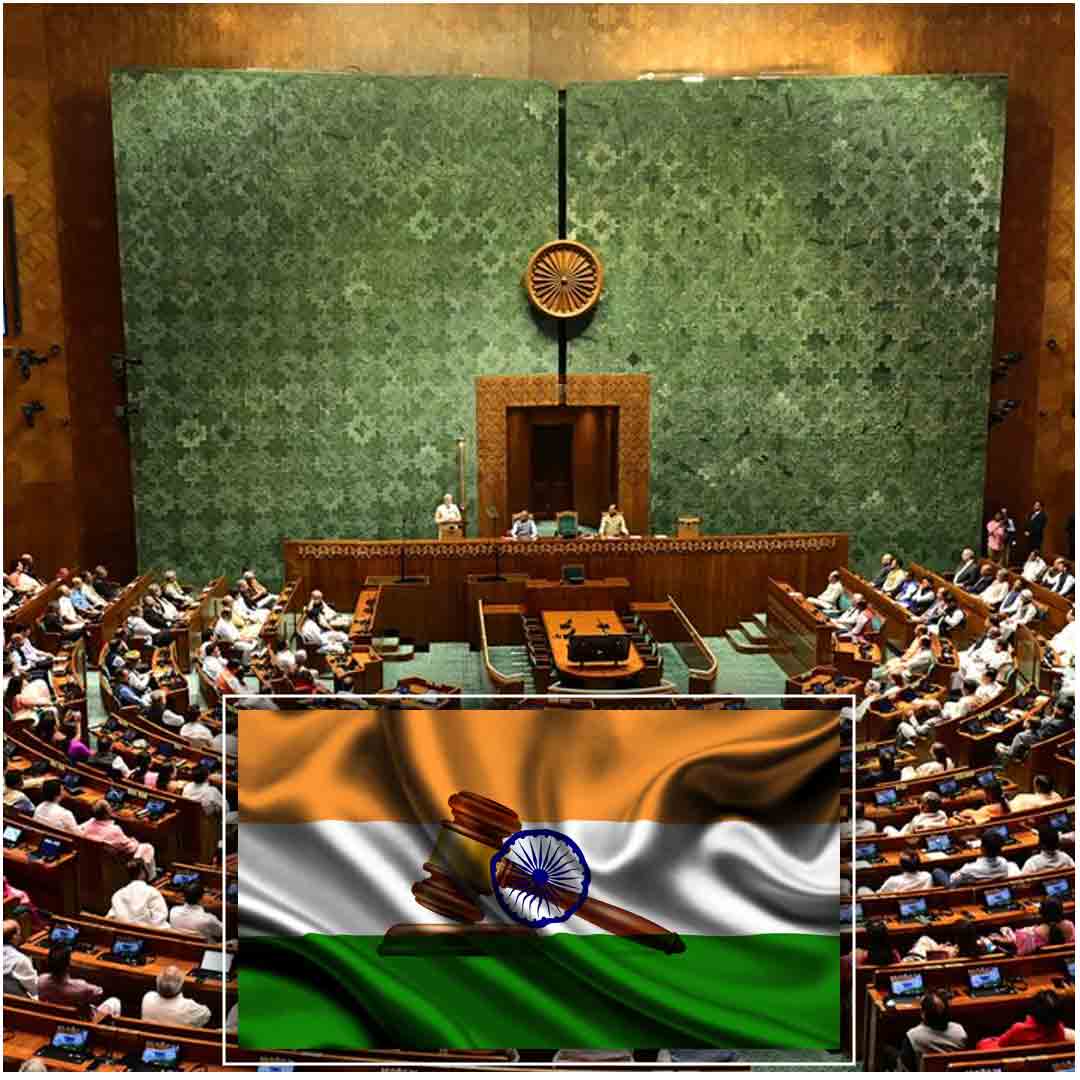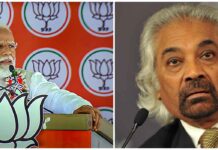INTRODUCTION
The ongoing debate across the nation made people understand how the Modi government is soon going to administer the same set of secular civil laws to govern people.
These personal laws will be totally based on religion or ethnicity.
The Personal laws such as marriage, divorce, maintenance, adoption etc. Article 44 under the Indian constitution already defines the Uniform Civil Code.
“The State shall endeavour to secure for the citizens a uniform civil code throughout the territory of India”

India being the place of a wide diverse culture and a home to almost every religion having Muslim Minorities on top definitely needs a Uniform Civil code for many years. Every single religion has their own beliefs, faiths and laws and bounding them in a definitive law and constitution is difficult. It’s surprising how the Modi government being the Hindu political party is strongly going to reinforce this law soon. But the Congress who outspoken secularism and minority rights from the past 40 years failed to do so.
HISTORY
In history, The popular Shah Bano Case already laid the foundation of UCC. Shah Bano Begum was a Muslim woman divorced by triple talaq by her husband. She claimed for her maintenance under Section 125 of Code Of Criminal Procedure. After then Chief Justice Of India Observes that….

“A common civil code will help the cause of national integration by removing disparate loyalties to the law which have conflicting ideologies”
Globalisation, Multi-cultural diversity in countries, religious faiths etc. made the implementation of UCC difficult on the global stage.
UCC GLOBALLY
But Canada is a country which has laws based on UCC.
The Personal Property Protection Act (PPSA) is the name given to each of the statutes passed by all common law provinces, as well as the territories, of Canada that regulate the creation and registration of security interests in all personal property within their respective jurisdictions.
In India, Goa is the only state which has a Uniform Civil Code. It is a civil law which is originally a Portuguese Civil Code implemented in 1961.
CURRENT EVENTS
Currently, the BJP government is strongly trying to reinforce UCC. Recently BJP cabinet minister Ravi Shankar Prasad gave a strong statement on implementation of UCC.
“Just as we removed 370, passed the Ram Mandir Bill, and eliminated the Triple Talaq, UCC will also be implemented.”
A New India With UCC
Being a secular nation, the state government has the responsibility to interfere in the matters of religion. Modern India believes in positive secularism which means religion should not hamper the progress of the nation. UCC will not oppose secularism in any terms and does not violate Article 25.

UCC also purely represents Article 44 which means there is no connection between religion and personal law.Marriage, succession and other personal matters are secular in nature and law can regulate them. For a positive secular and religiously progressive India, UCC should be based on the ideas of global personal laws.
This law will create an environment in which every religion bound citizen can move freely regarding their personal rights. In the coming Monsoon session of Parliament on 20th July 2023, UCC is likely to become a law for all citizens.























